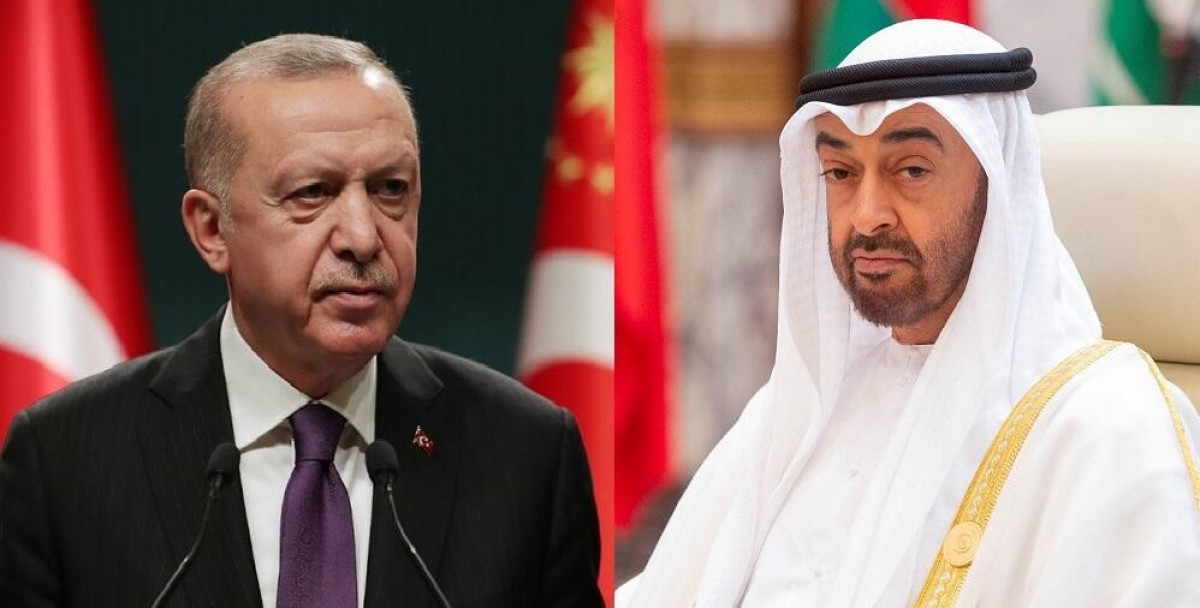 54
54
Many Arab countries in the region, notably the sheikhdoms of the Persian Gulf, depend heavily on the US for security. As a result, changes in US administrations and changes in US policy toward the Middle East have a significant impact on them.
In truth, the Arab governments of the Persian Gulf may have significantly different views toward neighbouring countries, notably Iran, depending on whether they have the full backing of US presidents or are treated with indifference by American authorities.
The United Arab Emirates has been accused of orchestrating and supporting the overthrow of Turkish President Recep Tayyip Erdogan’s government, as well as helping the opposition against Syrian President Bashar al-Assad. Similarly, the UAE broke connections with Iranians at the same time that Saudi Arabia severed ties with Tehran and sided with Riyadh in the Yemeni crisis. However, the Emiratis have made a major adjustment in their foreign policy.
The United Arab Emirates is striving to mend fences with all of the countries with which it has had contentious relations in recent years. With its recent visits to Syria and Turkey and the reception of Iran’s deputy foreign minister, Abu Dhabi has proved that there are no permanent rivals or friends in the world of politics.
The UAE’s new strategy appears to have been created with several primary goals. There are two reasons for this belief: First, the UAE believes that Biden’s government is less likely to meddle in the Middle East than the Trump administration and that Biden’s objective is to keep the United States out of the Middle East’s never-ending issues. UAE leaders have come to recognise that they no longer have unwavering support for their activities and must now engage with other Persian Gulf Arab states to repair relations with Iran, Syria, and Turkey.
Since the Saudis began a dialogue with Iran, another crucial feature that has prompted the UAE to develop ties with Iran and Turkey is Saudi Arabia’s blessing as the older brother of the Persian Gulf Arabs. Without doubt, Emirati authorities have determined that if Saudi Arabia, with all of its political, military, and security challenges with Iran, takes measures to de-escalate tensions with Tehran, they would have no option but to address regional concerns with their northern neighbour.
Another aspect of the UAE’s foreign policy shift is Abu Dhabi’s serious concern about the consequences of growing diplomatic ties with the Zionist regime, namely rising public pressure from the Islamic world. This is a problem for the UAE government, which is seeking to address it by strengthening ties with key Islamic countries such as Iran and Turkey.
In actuality, the UAE has worked hard in recent years to portray itself as a pragmatic and profit-driven state, as well as a regional player that interacts with all parties in the pursuit of regional economic interests and progress. In this approach, the UAE is seeking to build a two-pronged strategy by engaging in friendly connections with Iran and Syria while maintaining contacts with the Zionist dictatorship.
The promise of a ten-billion-dollar investment in Turkey, which is presently stuck in an economic crisis and facing an unprecedented depreciation of its currency, is also geared toward increasing Erdogan’s popularity. Although this approach may serve the UAE’s interests and strengthen its regional position, Iranian officials must demonstrate, in coordination with other countries in the region, particularly members of the Axis of Resistance, that they are aware of the goals behind the UAE’s overtures, and Tehran, while welcoming the amelioration of regional crises, must demonstrate that it is not willing to make one-sided and free compromises to the UAE and Saudi Arabia.
Comment
Post a comment for this article